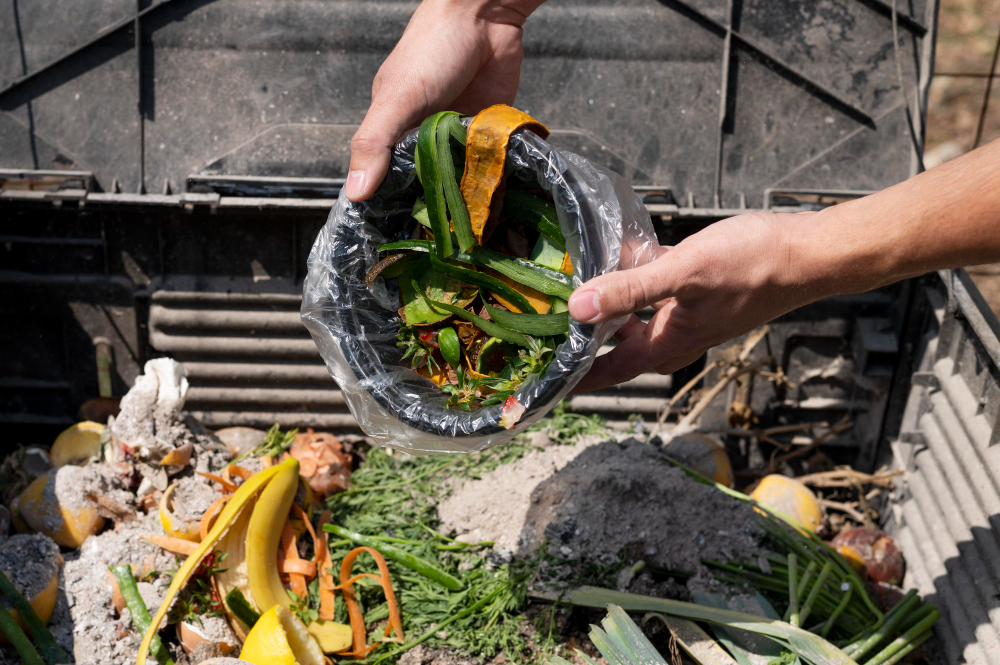Navigating the Landscape of Restaurants and Organic Waste Management
In the dynamic world of restaurants, where culinary excellence reigns supreme, a growing emphasis is being placed on addressing the significant issue of organic waste. Beyond the enticing flavors and artful presentations lies a challenge that many establishments are now tackling head-on. This article delves into the numbers and explores the strategies behind the shift towards sustainable waste management in the restaurant industry.
The Organic Waste Challenge:
Restaurants, while celebrated for their gastronomic creations, generate a staggering amount of organic waste on a daily basis. According to recent figures from the United States Environmental Protection Agency (EPA), the food service industry accounts for nearly 22 to 33 million tons of wasted food each year, with a substantial portion being organic matter.
The Awakening:
Acknowledging the environmental impact of such waste, a notable awakening is underway within the industry. The same EPA report suggests that the diversion of organic waste from landfills has the potential to reduce methane emissions significantly, contributing to a more sustainable future.
Creative Solutions by the Numbers:
Composting: Many restaurants are turning to composting as a viable solution. Figures indicate that establishments adopting composting practices divert an average of 50-75% of their organic waste from landfills. This not only reduces environmental impact but also creates valuable compost for local agriculture.
Partnerships with Local Farms: Collaborations between restaurants and local farms are on the rise. Restaurants diverting organic waste to these farms contribute to the creation of animal feed or compost. In some cases, such partnerships result in a 25-30% reduction in overall waste production.
Technology's Impact:
Smart Waste-Tracking Systems: The implementation of technology in waste management is gaining momentum. Restaurants utilizing smart waste-tracking systems report a 20-30% reduction in overall waste generation. These systems provide real-time data and analytics, enabling informed decision-making.
Educational Initiatives:
Staff Training: Educating staff members about waste reduction practices yields tangible results. Establishments providing comprehensive training observe a significant decrease in food wastage, averaging around 15-20%.
Customer Engagement: Engaging customers in the sustainability journey is crucial. Restaurants incorporating educational campaigns see positive changes in consumer behavior, with a 10-15% increase in awareness and responsible dining practices.
Conclusion:
The figures paint a clear picture of the strides being made in the restaurant industry towards sustainable waste management. Beyond being a culinary haven, restaurants are now becoming pioneers in environmentally conscious practices. By leveraging composting, forging partnerships, adopting technology, and educating both staff and customers, the industry is not just managing organic waste; it's shaping a future where responsible dining is at the core of the culinary experience.

